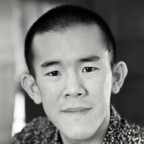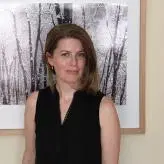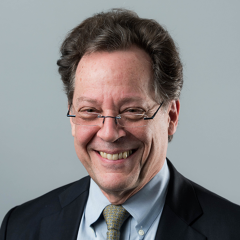On “Leigh”dership – What You Should Be Reading Right Now
By LEIGH HAFREY
In my on-line reading, I look constantly for new materials to use in courses and seminars for audiences in and outside MIT Sloan. I start the list below with a piece that I myself wrote, because it links to materials that current and recent participants in 15.317/ “Leadership and Organizational Change” will recognize. The other five items caught my eye over the last six months because they addressed issues of ongoing concern to me and relevant to our leadership discussions:
Leigh Hafrey, “Who’s Calling the Shots on Data and AI?”
When the Institute introduced the new Schwarzman College of Computing in early 2019, they invited faculty from various parts of MIT to contribute their thoughts on “Ethics, Computing, and AI.” The piece I wrote emerged from my trip in May-June 2018 to Berlin, Krakow, and Oświęcim (once Auschwitz) with three dozen MBA, JD, and journalism Masters candidates, plus a handful of faculty and administrators. We were on a study tour organized by FASPE (Fellowships at Auschwitz for the Study of Professional Ethics) intended to help young professionals explore how and why some professionals in the 1930s and 40s abetted the rise of Nazism and the Holocaust, and how they themselves might avoid yielding to similar pressures.
Nicholas Kulish and Mike McIntire, “Why an Heiress Spent Her Fortune Trying to Keep Immigrants Out”
A fascinating bit of American history that addresses two current topics: 1) the situation of migrants in the U.S.; and 2) the political impact that vast wealth can have. As the authors put it early in their piece, “An heiress to the Mellon banking and industrial fortune with a half-billion dollars at her disposal, [Cordelia Scaife] May helped create what would become the modern anti-immigration movement.” When we talk about income or wealth inequality around the globe today, it is worth remembering that the agendas wealth fuels can be both significant and hard to detect.

Ed Yong, “The Desirability of Storytellers”
Yong reviews work by anthropologist Andrea Migliano that takes the continuing scholarly attention to story-telling one step further. Migliano discovered that story-tellers in hunter-gatherer groups not only influence the construction of community norms, they apparently have more children. Her research adds an unusual twist on the organizational utility of story-telling!

Tom Cassauwers, “How Confucianism Could Put Fears About Artificial Intelligence to Bed”
A significant connection of eastern philosophy and wisdom literature to current developments in AI. We need to find an ethical way forward with artificial intelligence, and the author suggests that Asian cultures may offer the frameworks necessary for such progress.

Lila MacLellan, “’Maslow’s pyramid’ Is based on an elitist misreading of the psychologist’s work”
A detailed and convincing study of how psychologist Abraham Maslow’s work, adopted by various management theorists, gradually mutated for the lay public into the pyramid that everyone knows. The author suggests that the figure twists both Maslow’s assumptions and his intended outcomes.
.
.


